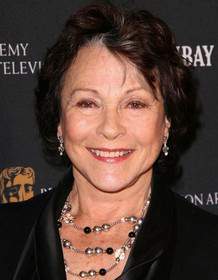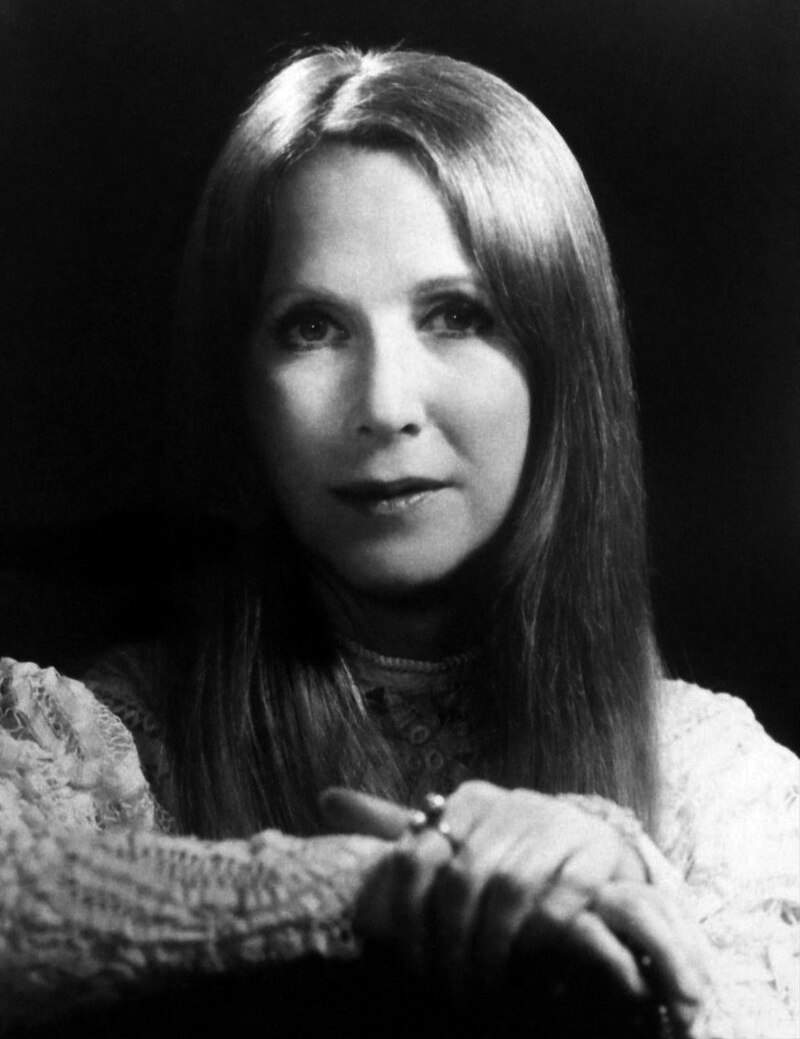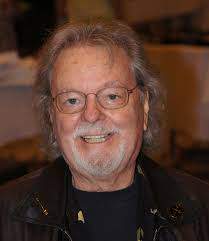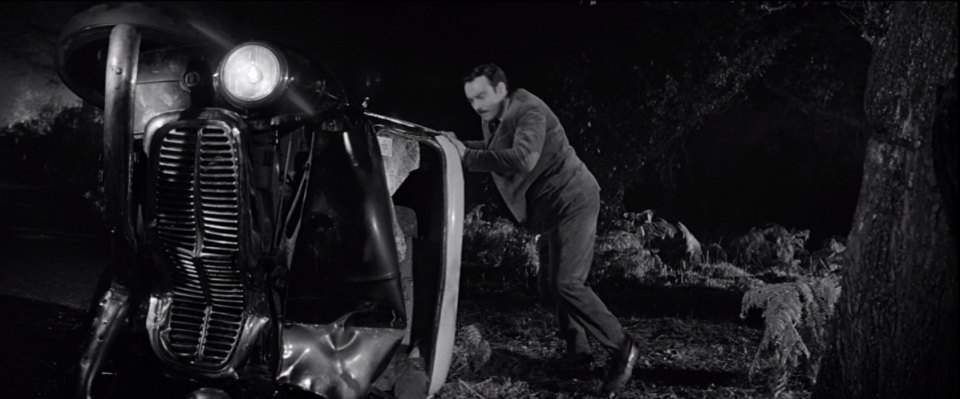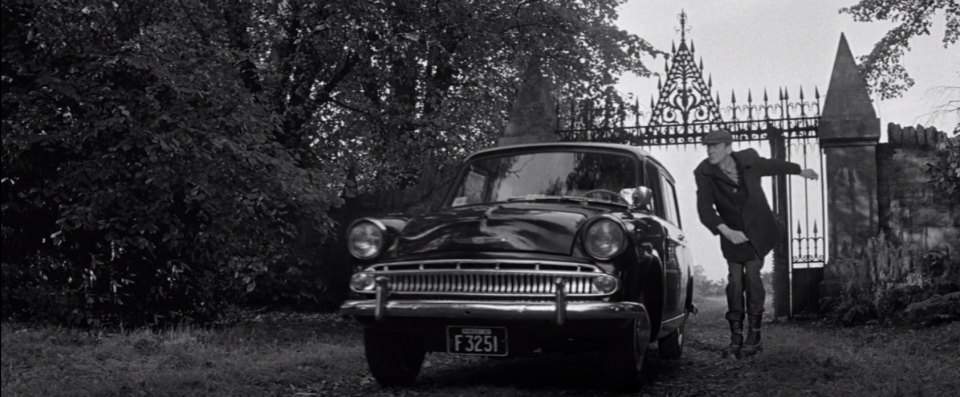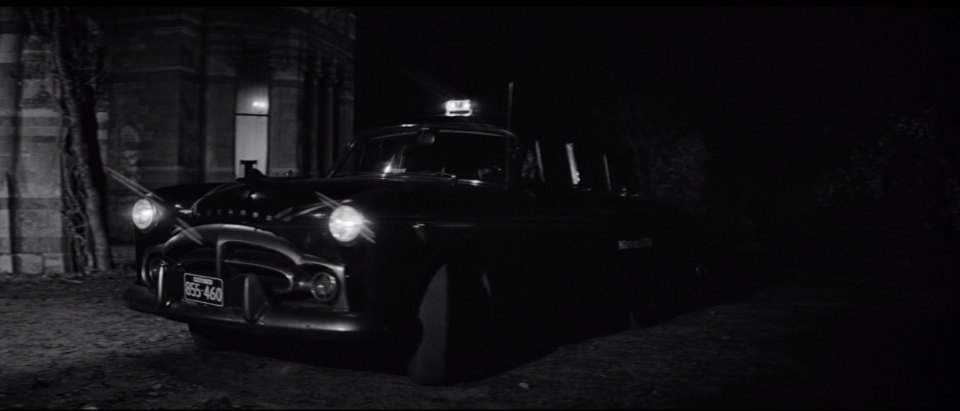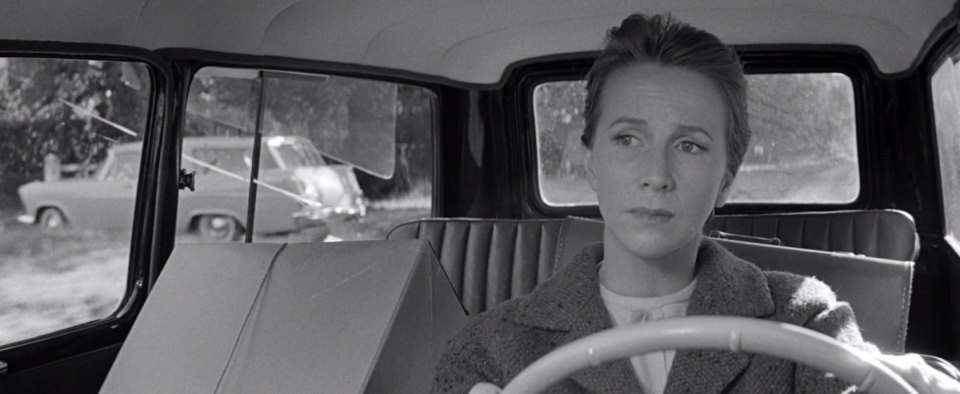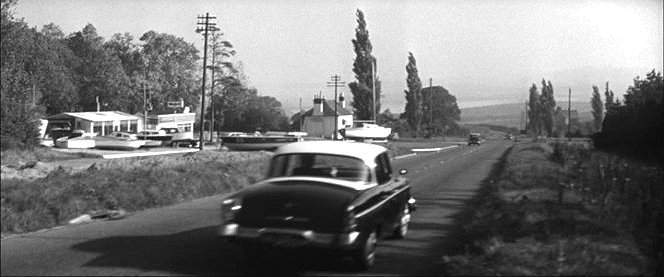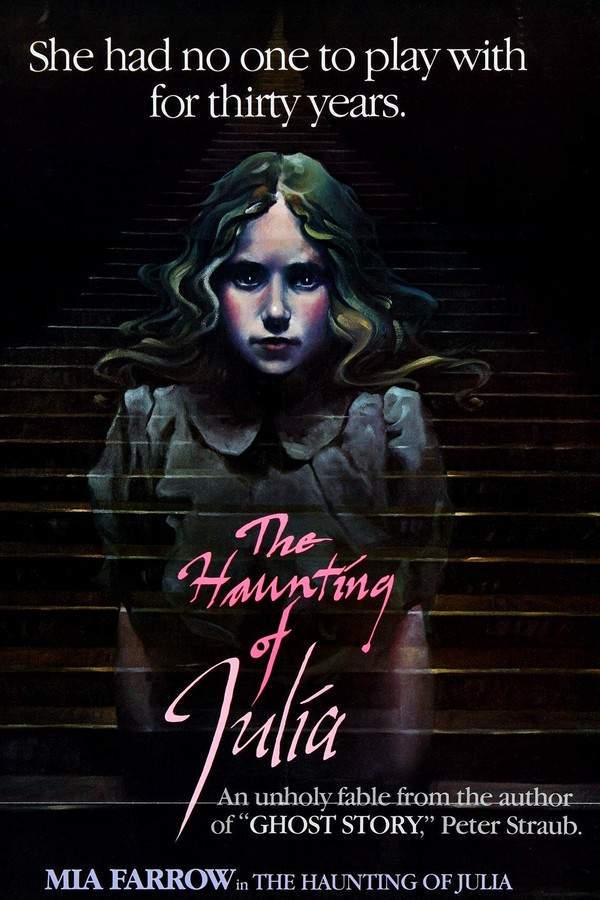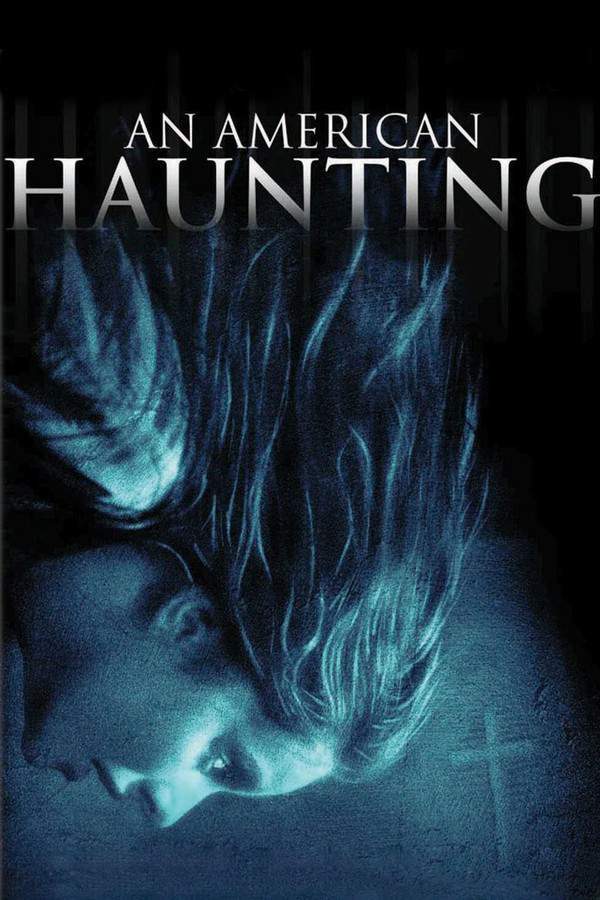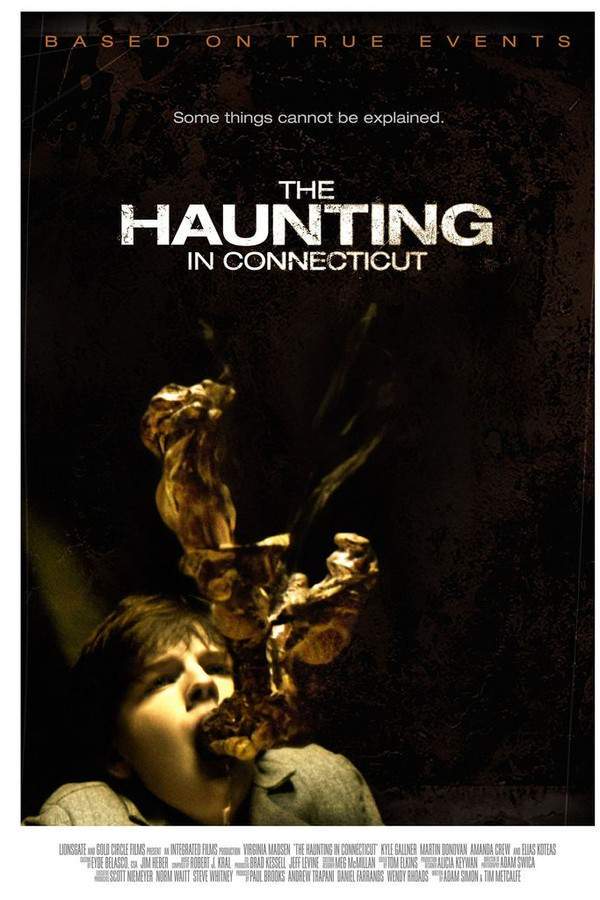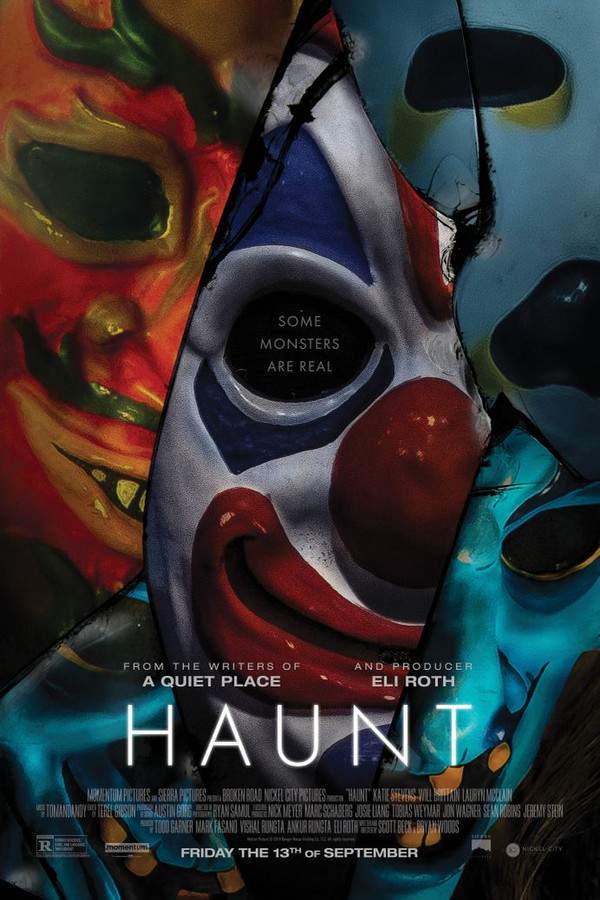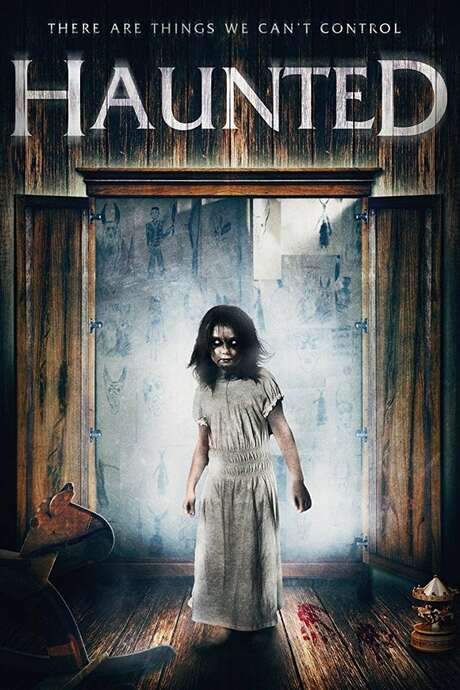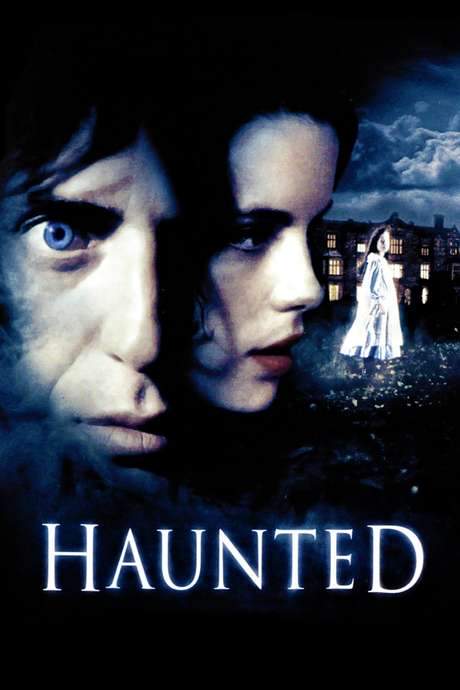The Haunting 1963
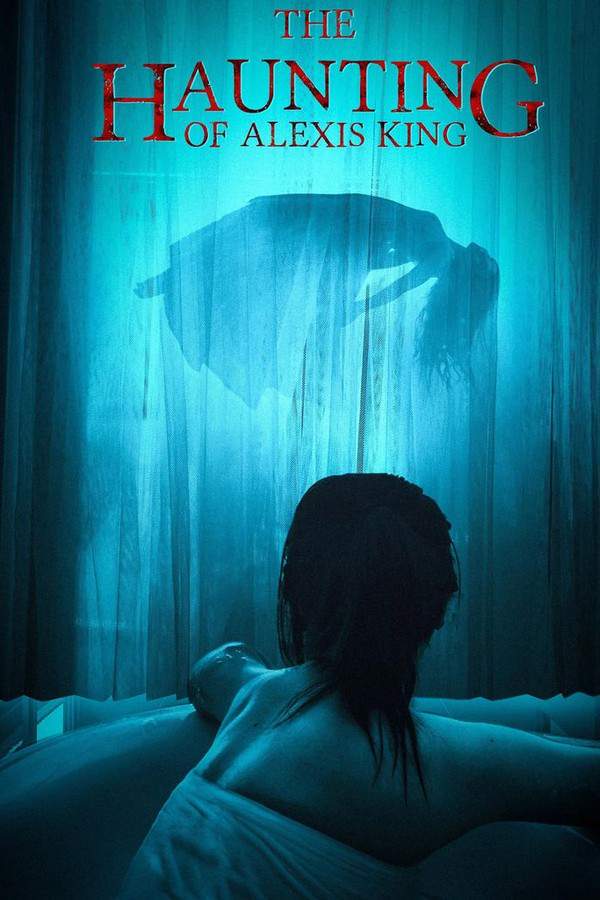
Following her mother's death, Alexis returns to Hill House, a sprawling estate filled with unsettling history. As she settles in, long-buried family secrets begin to surface, stirring a sinister presence that threatens her and those around her. A descent into psychological terror unfolds, challenging her perception of reality and exposing a terrifying darkness within the house and herself.
Does The Haunting have end credit scenes?
No!
The Haunting does not have end credit scenes. You can leave when the credits roll.
Meet the Full Cast and Actors of The Haunting
Explore the complete cast of The Haunting, including both lead and supporting actors. Learn who plays each character, discover their past roles and achievements, and find out what makes this ensemble cast stand out in the world of film and television.
External Links and Streaming Options
Discover where to watch The Haunting online, including streaming platforms, rental options, and official sources. Compare reviews, ratings, and in-depth movie information across sites like IMDb, TMDb, Wikipedia or Rotten Tomatoes.
Ratings and Reviews for The Haunting
See how The Haunting is rated across major platforms like IMDb, Metacritic, and TMDb. Compare audience scores and critic reviews to understand where The Haunting stands among top-rated movies in its genre.

74
Metascore
7.4
User Score

71
%
User Score
Take the Ultimate The Haunting Movie Quiz
Challenge your knowledge of The Haunting with this fun and interactive movie quiz. Test yourself on key plot points, iconic characters, hidden details, and memorable moments to see how well you really know the film.
The Haunting (1963) Quiz: Test your knowledge about the eerie narrative and characters of 'The Haunting' through this chilling quiz.
Who is the primary investigator in 'The Haunting'?
Dr. John Markway
Luke Sannerson
Eleanor Lance
Hugh Crain
Show hint
Awards & Nominations for The Haunting
Discover all the awards and nominations received by The Haunting, from Oscars to film festival honors. Learn how The Haunting and its cast and crew have been recognized by critics and the industry alike.
21st Golden Globe Awards 1964
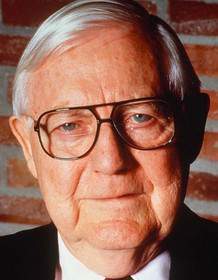
Full Plot Summary and Ending Explained for The Haunting
Read the complete plot summary of The Haunting, including all major events, twists, and the full ending explained in detail. Explore key characters, themes, hidden meanings, and everything you need to understand the story from beginning to end.
The film begins with an eerie narration set against the haunting silhouette of Hill House during the night. The speaker, Dr. John Markway (Richard Johnson), ominously states, “An evil old house, the kind some people call haunted is like an undiscovered country waiting to be explored. Hill House had stood for 90 years and might stand for 90 more. Silence lay steadily against the wood and stone of Hill House. Whatever walked there walked alone.” After the title and credits, the tale continues, detailing the spine-chilling history of Hill House. The narrative unfolds the tragic stories of its past, from scandals to murder, insanity, and suicide, all of which makes the house a perfect subject for Markway’s investigative pursuits—“Scandal, murder, insanity, suicide: The history of Hill House was ideal. It had everything I wanted.”
Constructed in New England by Hugh Crain (uncredited [Howard Lang]), the house was meant to be a home for his wife and young daughter. However, tragedy strikes when an accident claims the life of the first Mrs. Crain (uncredited Pamela Buckley), who never even laid eyes upon the house. Left embittered, Hugh marries again, only to lose his second wife in a fatal fall down the main staircase. Abandoned by her father, Abigail Crain (uncredited [Janet Mansell]), the couple’s daughter, is left to grow old in the same nursery room, descending into a life of isolation until her nurse-companion (uncredited [Susan Richards]) finally inherits the house. This companion’s tragic end—hanging herself—marks the transition of the house to distant relative Mrs. Sannerson (Fay Compton).
In pursuit of his research, Markway persuades Mrs. Sannerson to allow him to use the hauntingly beautiful, yet foreboding, Hill House as a site for psychic investigation. He articulates his intent clearly, declaring, “I shall occupy the house with a group of carefully selected assistants… I must have specially qualified help to take notes and document any evidence of the supernatural I may find.” Under pressure from her lawyer Eldridge Harper (Ronald Adam), who exhibits concerns about the welfare of women in the house and public scrutiny, Mrs. Sannerson ultimately agrees on their invitation, suggesting her nephew Luke Sannerson (Russ Tamblyn) partake in the experiment as he is the expected heir.
Among those who accept Markway’s invitation are Eleanor Lance (Julie Harris) and Theodora (Claire Bloom), both with haunted histories of their own. Eleanor is introduced as a quiet soul, beleaguered after years of caring for her ailing mother, who has just passed away. With no intention of returning to her sister’s home, she embarks on a journey to Hill House, where her emotional turmoil deepens as she contemplates her lonely existence.
Crossing the stone walls enclosed in an iron gate, Eleanor is greeted with skepticism and a hint of condescension from the dry-witted caretaker, Mr. Dudley (Valentine Dyall). Upon entering, she meets Mrs. Dudley (Rosalie Crutchley), whose reticence adds to the oppressive atmosphere of the house. It’s at this moment she encounters Theodora, who quickly breaks the ice with a flirtatious remark, igniting an unexpected and undeniable chemistry between the two.
As the eerie house envelops them, Eleanor and Theodora soon perceive that the walls may harbor deeper emotions as Eleanor sees the house as “alive.” They soon meet Dr. Markway, who unveils the architectural oddities within the house—doors that seem to close of their own accord and corridors that bend reality. In an intense dinner conversation, he delves into their past experiences, bringing into light Eleanor’s childhood poltergeist incident, hinting that the very fabric of Hill House has an insidious desire to manipulate and control.
In an uncanny chain of events, Eleanor becomes intertwined in the spiritual fabric of the house, interpreting laughter and voices that beckon her. Unbeknownst to her, Dr. Markway harbors hidden feelings as well, creating a complex psychological dynamic as the specters of their tortured pasts emerge. As tensions escalate, the other guests, including Luke and Theodora, vie for favor and leverage, with Theodora hinting at a romantic connection to Eleanor, who is caught in a whirlwind of burgeoning emotions.
The spirits grow restless as messages scrawled on the walls shout for Eleanor’s attention and secrets unfold, revealing a complex interplay between past and present. One fateful night, as the winds of the supernatural swirl around them, Grace Markway (Lois Maxwell), John’s wife, arrives, further complicating their dynamics and sparking a series of unnerving events that test their sanity.
The night spirals out of control, leaving behind remnants of heartbreak and despair. The psychological tension reaches a climax when “Help Eleanor Come Home” is found inscribed upon the wall. As the supernatural presence grows stronger, Eleanor finds herself combating both the external horror and her internal struggles, culminating in a tragic accident that sees her trapped in the very grounds she aimed to escape.
The film concludes with the spectral whisper of Eleanor’s voice from beyond, haunting the audience with the realization of the psychological and supernatural horrors of Hill House. As she reflects, “we who walk here… walk alone,” we are left pondering the consequences of the past and the unrelenting grip that our fears can have on our present. The chilling final scene beneath the ominous gaze of Hill House encapsulates a story where the very structure feels alive, intricately intertwined with the fates of those who dare to explore its depths.
Uncover the Details: Timeline, Characters, Themes, and Beyond!

Coming soon on iOS and Android
The Plot Explained Mobile App
From blockbusters to hidden gems — dive into movie stories anytime, anywhere. Save your favorites, discover plots faster, and never miss a twist again.
Sign up to be the first to know when we launch. Your email stays private — always.
Watch Trailers, Clips & Behind-the-Scenes for The Haunting
Watch official trailers, exclusive clips, cast interviews, and behind-the-scenes footage from The Haunting. Dive deeper into the making of the film, its standout moments, and key production insights.
Cars Featured in The Haunting
Explore all cars featured in The Haunting, including their makes, models, scenes they appear in, and their significance to the plot. A must-read for car enthusiasts and movie buffs alike.
The Haunting Themes and Keywords
Discover the central themes, ideas, and keywords that define the movie’s story, tone, and message. Analyze the film’s deeper meanings, genre influences, and recurring concepts.
The Haunting Other Names and Titles
Explore the various alternative titles, translations, and other names used for The Haunting across different regions and languages. Understand how the film is marketed and recognized worldwide.
Similar Movies To The Haunting You Should Know About
Browse a curated list of movies similar in genre, tone, characters, or story structure. Discover new titles like the one you're watching, perfect for fans of related plots, vibes, or cinematic styles.
Quick Links: Summary, Cast, Ratings, More

What's After the Movie?
Not sure whether to stay after the credits? Find out!
Explore Our Movie Platform
New Movie Releases (2025)
Famous Movie Actors
Top Film Production Studios
Movie Plot Summaries & Endings
Major Movie Awards & Winners
Best Concert Films & Music Documentaries
Movie Collections and Curated Lists
© 2025 What's After the Movie. All rights reserved.



